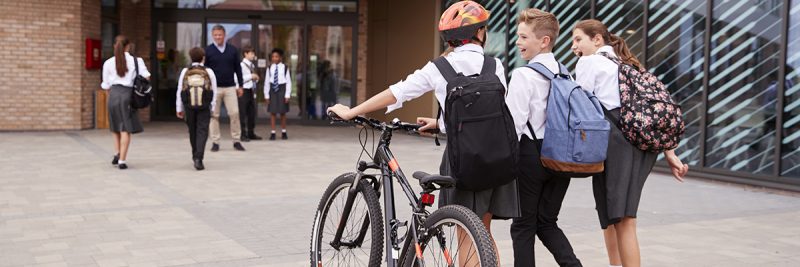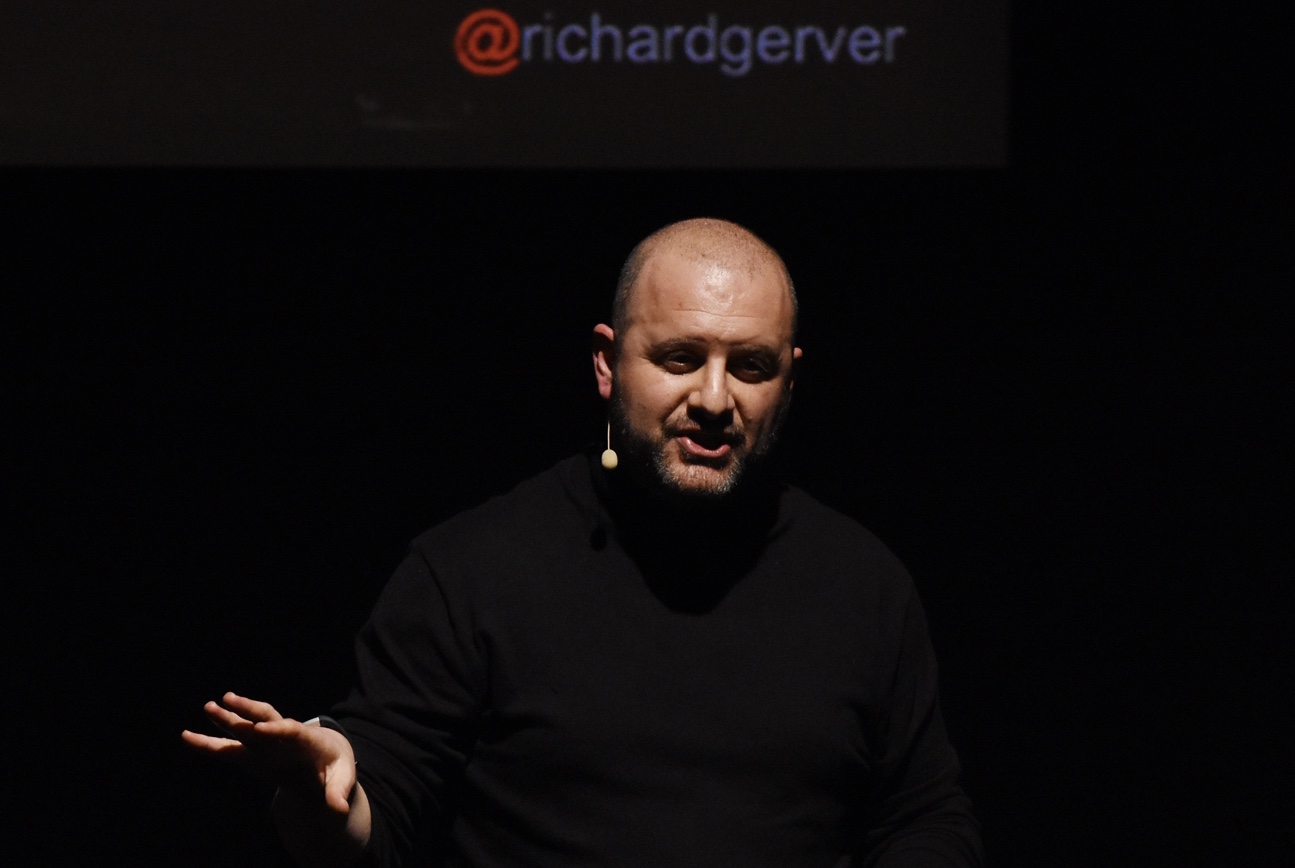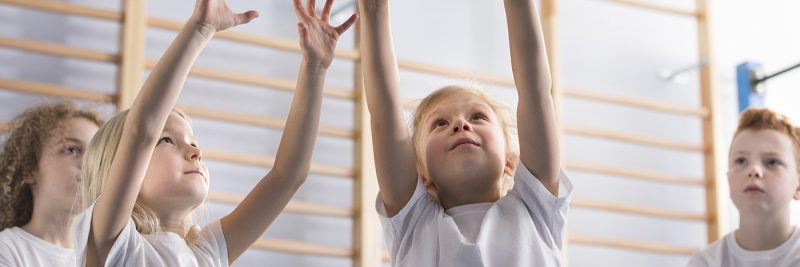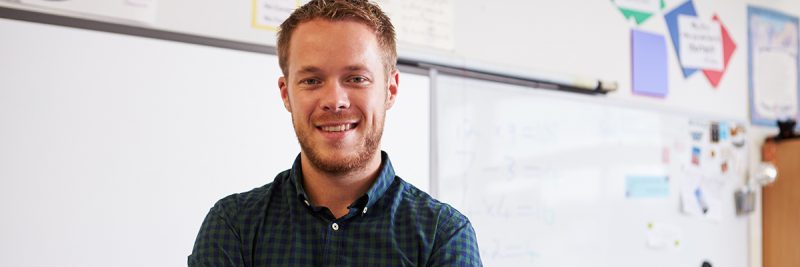
Introducing the new RSE Curriculum in schools
Acronyms are commonplace in schools (think PSHE, DT or STEM), but the shorthand way of referring to this entire curriculum as ‘RSE’ may be causing anxiety in many parents, and perhaps nervousness in some teachers too, because it implies that if all schools must teacher RSE, then primary children as young as 5 will be taught sex education. Such a prospect may yield attention-grabbing headlines and ignite some lively debates on social media, but the truth is quite different.













